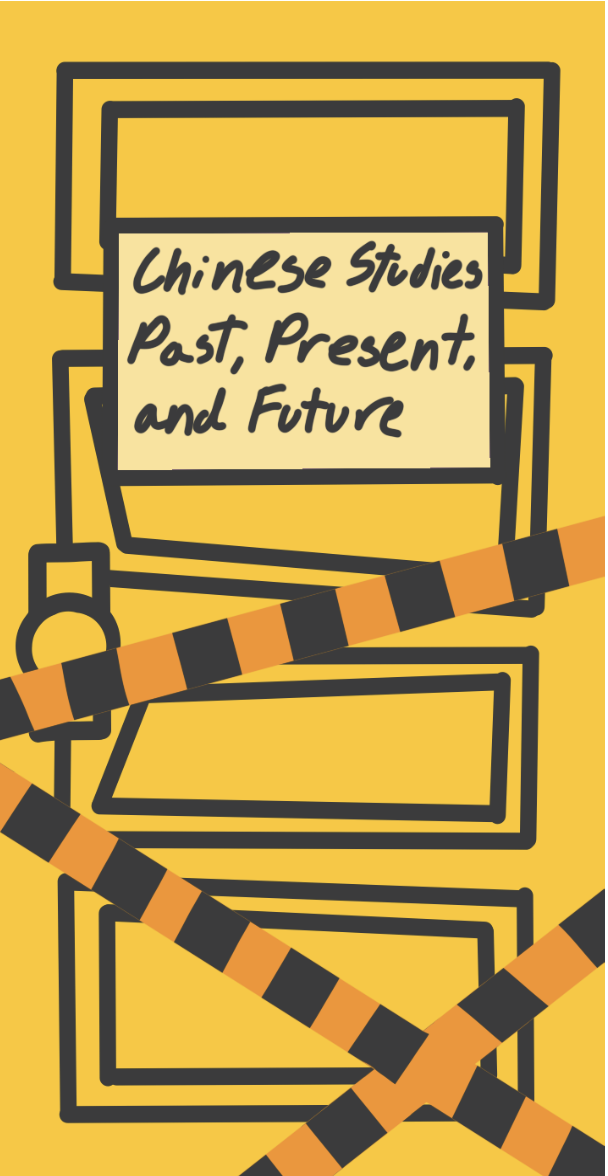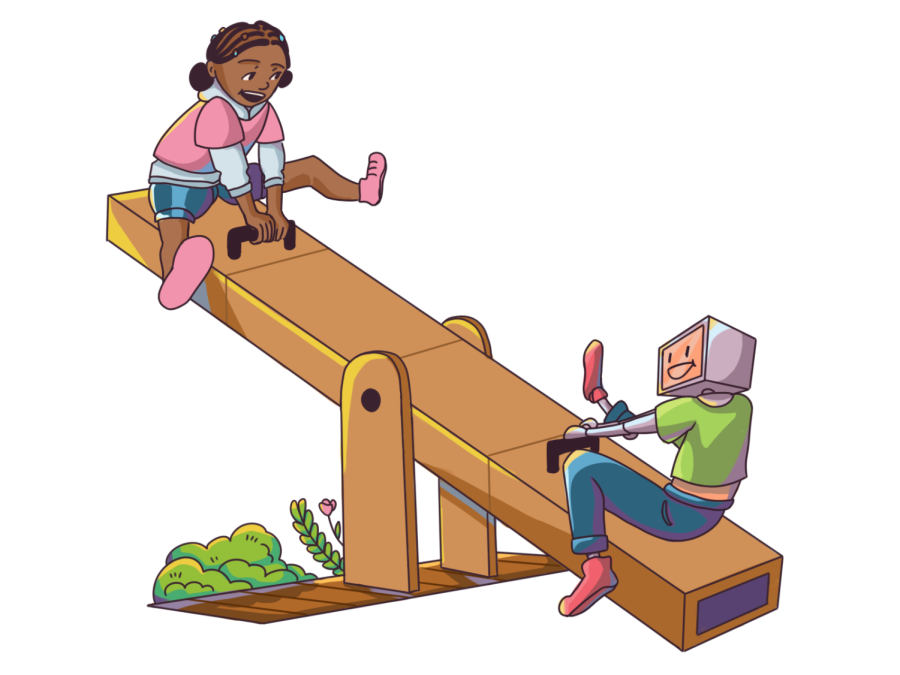One moment Jessica Dickman ’17 was at a concert with her friend, watching as a band member dove off the stage. The next, everything went dark.
After the band member landed on her and Dickman passed out, her friend, worried she would be trampled, dragged her to the side of the crowd. The paramedics showed up a few minutes later. Dickman first thought that this would be a great story to tell her friends on Monday, though she was so groggy that the paramedics and police assumed she was either high or drunk; she was actually “stone-cold sober.”
Dickman wouldn’t return to school for another month and wouldn’t finish her junior year until a month into her senior year.
The paramedics took her to the nearest hospital, where Dickman waited alone as her parents were on the way. The doctors would not let her see her friend.
“It was one in the morning, and I had a concussion,” Dickman said. “I was just alone in a dark hospital room crying. I had a huge bump on the back of my head and a three month long headache. It made me want to die.”
The concussion left her unable to complete English and history by June, as she could not concentrate long enough to read. She had to finish a semester of work during the summer or risked graduating a year later.
Doctors and administrators suggested that she complete classes online, which would mean she would have to drop all of her classes at Harvard-Westlake and possibly have to repeat junior year. Dickman and her parents were intent on her completing her classes at Harvard-Westlake.
Students who struggle with long-term chronic illnesses or injuries face challenges like this. They must choose between switching schools, repeating a grade or finding a way to complete the months of work they missed. Last year, the school instituted a new policy that said students who miss 20 periods of a class, about 15 percent of a full-year class, may be denied credit.
Some, like Dickman, can make up work during the summer.
“I think the hard part about it is that it truly depends on the nature of the issue for the student, and it really is dealt with on an individual basis,” Upper School Dean Chris Jones said. “It depends on the level; there are multiple ways to deal with both minor and major situations.”
When she was in seventh grade, Lucy Yetman-Michaelson ’17 faced similar challenges due to her chronic pain disorder. Michaelson’s pain came from emotional trauma and exhaustion, as she was dealing with the loss of a close friend’s mother.
“I was out of school for so much of seventh grade because the doctors just didn’t know what was wrong with me,” Yetman-Michaelson said. “A lot of the medications they put me on and things they told me just made it worse.”
Yetman-Michaelson bounced around to different doctors as they tried to figure out what was wrong. Eventually, she found relief at the UCLA Pain Clinic through techniques such as hypnosis and acupuncture, though she had already missed the majority of seventh grade.
“It’s just a constant roller coaster,” Yetman-Michaelson said. “It’s always moving up, in terms of always getting better. I like to think of it as kind of like a graph. There are times when it oscillates, but it’s always moving up.”
Her pain is still persistent, and she had to deal with missing portions of her freshman and junior years, though she missed significantly shorter periods of time than in seventh grade. During the summer, she made up some work from junior year.
“If I was at any other school, I know that it would have not worked out as well, which is why I’m incredibly loyal to this school,” Yetman-Michaelson said.
For Dickman, completing missed work was a process that lasted several months. After a month of missing school, she began to re-acclimate by attending a few class periods a day.
“I had to be alone in a quiet dark room [while I was recovering] and couldn’t do anything,” Dickman said. “I was miserable because I was in total isolation. There was a three day period where I didn’t leave my room. There was a 15-day period where I left my house five times, but every time was for a different doctor’s appointment.”
Just recovering, though, was not Dickman’s only stress, and she now has to tolerate frequent headaches in addition to making up all her missed schoolwork.
“Making up school was very stressful, trying to move on to new subjects and keep track of midterms,” Dickman said. “No one wanted to study with me, and no one could because of Honor Code purposes. The summer was the worst. I had to cancel so many plans and had more than 12 hours of tutoring a week. That’s not even including the work I had to do on my own as homework.”
Yetman-Michaelson said teachers are a big help whenever she needs to find other ways to finish her schoolwork.
“They gave me opportunities that I was craving after having not been in school for so long,” she said. “The teachers, specifically, were incredibly understanding. I did a lot of work for seventh grade over the summer. [I work] with my dean, [Sharon] Cuseo, who understands my whole situation, and I’ve never encountered a teacher who wasn’t understanding, which I just find amazing. [During] seventh grade, I would miss months at a time, which is pretty horrible. I even had to do some summer work last year just because there was so much I’d missed.”
Dickman also had temporary short-term memory loss and couldn’t read on her own for more than five minutes at a time last spring. Initially, her mom read “The Great Gatsby” to her so she could complete her reading assignments for her English class. She eventually decided to finish the work during the summer after she had recovered when her memory improved. She also finished her history course through Brigham Young University online.
“I had one doctor that literally told me I had to drop out and repeat junior year,” Dickman said. “I cried on the spot. I had already gone through four months of junior year; I was not going to repeat it. I’m happy with how it ended up. I’m really happy to graduate this year, and I’m so happy to be done because I was truly miserable.”










































